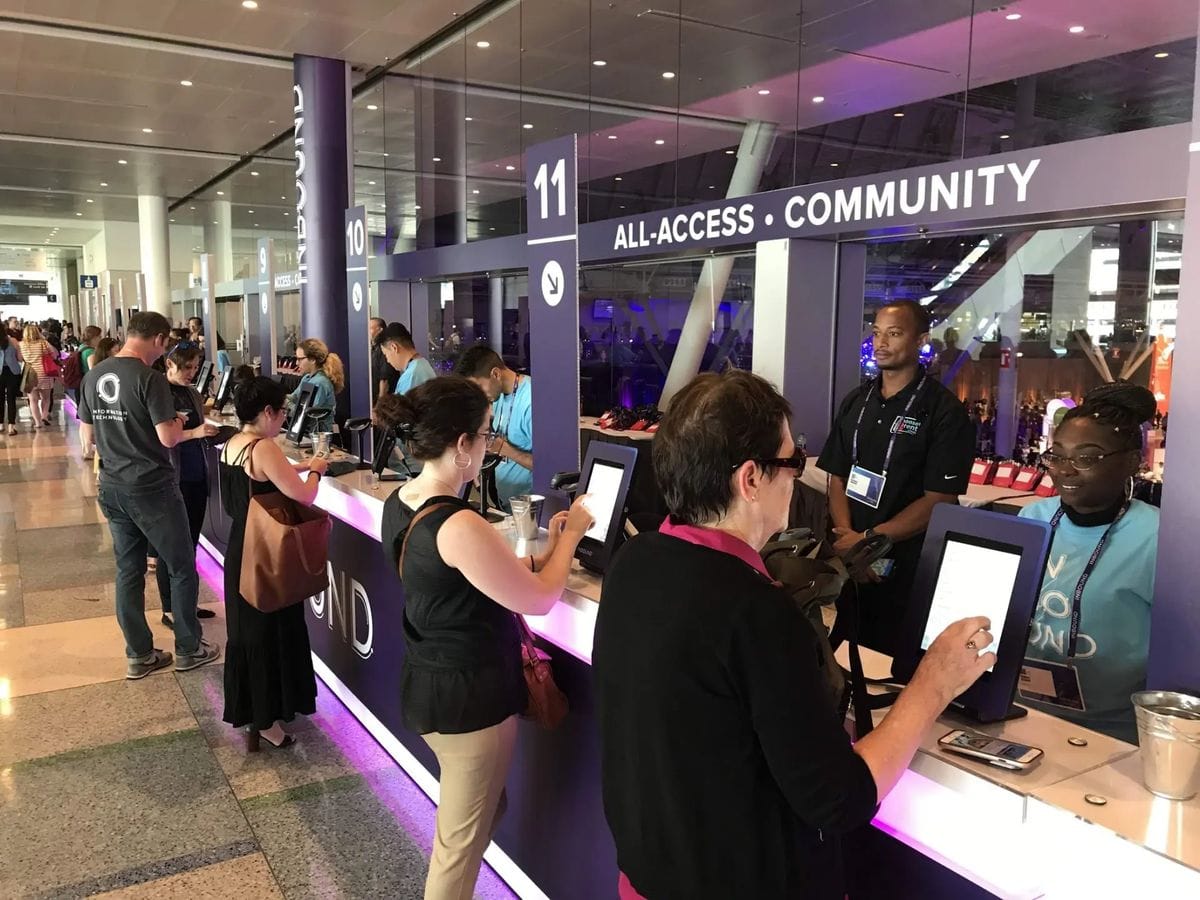Small and medium-sized businesses (SMBs) today face a critical decision when choosing event management solutions: stick with traditional platforms they know or embrace AI-powered alternatives that promise to revolutionize how events are planned and executed. This comprehensive comparison will help you understand which approach best serves your SMB event management needs in an increasingly competitive marketplace.
The Traditional Event Platform Landscape
Traditional event platforms have dominated the market for years, offering familiar interfaces and established workflows that many businesses have come to rely on. These systems typically provide basic registration management, email communication tools, standard reporting features, and straightforward event logistics coordination. For many SMBs, these platforms represent the comfort zone—predictable functionality with transparent pricing models that are easy to budget for and understand.
However, traditional platforms often require significant manual input and constant oversight from event organizers. Teams spend countless hours on repetitive tasks like attendee segmentation, follow-up scheduling, manual data analysis, and troubleshooting basic technical issues. While these systems reliably get the job done, they rarely optimize processes or provide the intelligent insights that could transform event outcomes and drive meaningful business growth.
The limitations become particularly apparent when managing multiple events simultaneously or trying to scale operations. Traditional systems force organizers to repeat the same manual processes for each event, creating bottlenecks that can limit growth potential and strain already busy teams.

The AI Revolution in Event Management
AI-powered event platforms are fundamentally reshaping the industry by automating complex tasks and providing intelligent recommendations that were previously impossible. These sophisticated systems learn from historical data patterns, predict attendee behavior with remarkable accuracy, and optimize event experiences in real-time based on ongoing engagement metrics. For SMBs seeking a simple event platform that works smarter rather than harder, AI represents a significant technological leap forward.
Modern AI platforms can automatically personalize attendee experiences based on individual preferences and past behavior, suggest optimal scheduling based on engagement patterns and industry best practices, and even predict which marketing channels will drive the highest registration rates for specific target demographics. This level of sophisticated automation and insight was previously available only to enterprise-level organizations with dedicated event teams and substantial technology budgets.
These intelligent systems also excel at identifying potential issues before they become problems, automatically adjusting marketing campaigns based on performance data, and providing actionable insights that help organizers make data-driven decisions throughout the event lifecycle.
Cost-Effectiveness: Breaking Down the Real Numbers
When evaluating cost-effective event software, SMBs must carefully consider both upfront costs and long-term value proposition. Traditional platforms often appear more affordable initially, featuring straightforward monthly subscriptions or per-event pricing that seems budget-friendly. However, hidden costs quickly emerge through the substantial time investment required for manual tasks, the opportunity cost of suboptimal event performance, and the potential need for additional staff to manage growing event complexity.
AI-powered platforms may require higher upfront investments, but they consistently deliver remarkable return on investment through intelligent automation and continuous optimization. By dramatically reducing manual work hours and significantly improving event outcomes, these systems often prove more cost-effective over time. Industry studies show SMBs typically save 15-20 hours per event while achieving 25-30% higher attendee satisfaction rates, translating to measurable business impact and improved customer relationships.
The long-term cost benefits become even more pronounced as businesses scale, with AI systems maintaining efficiency levels that would require substantial additional staffing with traditional approaches.
Feature Comparison: Traditional vs. AI-Powered Solutions
Traditional event platforms excel in reliability and straightforward functionality that teams can quickly understand and implement. They offer proven registration systems, basic email marketing capabilities, standard reporting dashboards, and reliable technical support. These features work exceptionally well for organizations running simple, recurring events with minimal customization requirements and predictable attendee patterns.
AI platforms provide all essential traditional features while adding powerful intelligent automation layers that transform the event management experience. They offer sophisticated predictive analytics, automated attendee segmentation based on behavior patterns, dynamic content personalization that adapts in real-time, and continuous optimization recommendations that improve with each event. For SMBs managing multiple events or seeking to maximize attendee engagement and business outcomes, these advanced features provide substantial competitive advantages in crowded markets.
Implementation and Learning Curves
Traditional platforms typically require minimal training time, making them particularly attractive for small teams with limited technical resources and tight deadlines. Most staff members can become proficient within days, and the familiar interfaces significantly reduce resistance to adoption across different team members and skill levels.
AI platforms have evolved dramatically to become increasingly user-friendly, with many now offering intuitive interfaces that rival traditional systems in simplicity. While there may be a slightly steeper initial learning curve, the long-term benefits of automated processes and intelligent insights often far outweigh the initial investment in training time and system familiarization.

Making the Right Choice for Your SMB
The decision between traditional and AI-powered event platforms ultimately depends on your specific business needs, growth trajectory, available resources, and strategic vision. Traditional platforms suit organizations that prioritize simplicity over optimization and operate with limited budgets for event technology investments.
AI-powered platforms are ideal for SMBs that view events as strategic growth drivers and want to maximize their investment through intelligent automation and data-driven optimization. These systems particularly benefit organizations managing multiple events, targeting diverse audiences, or operating in competitive markets where attendee experience differentiation directly impacts business success and customer retention.


